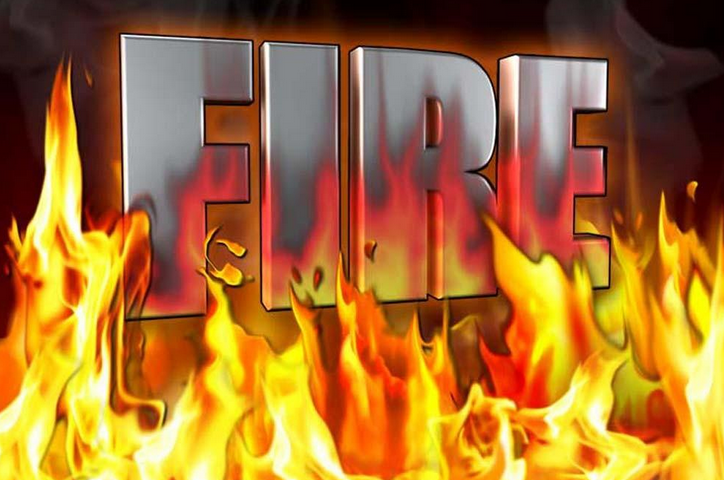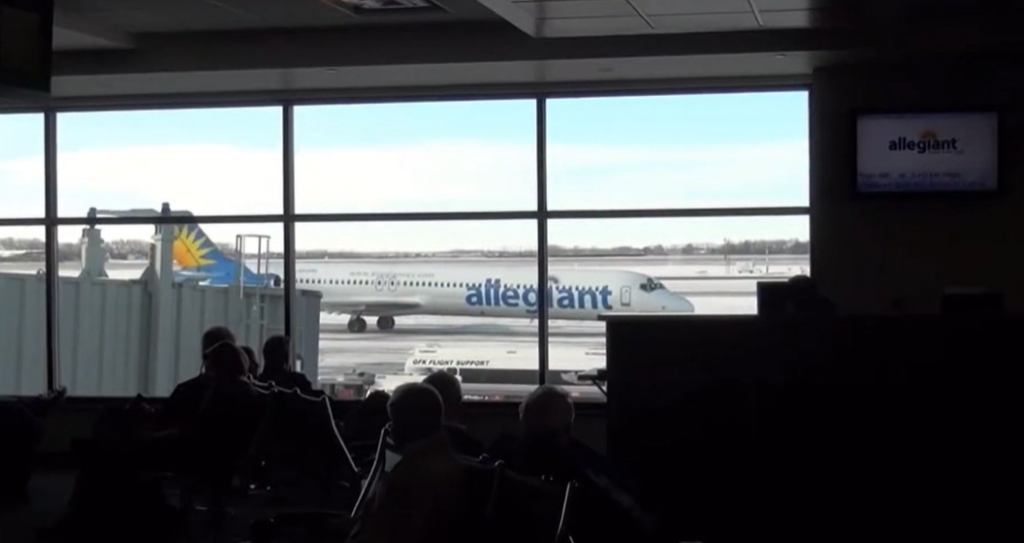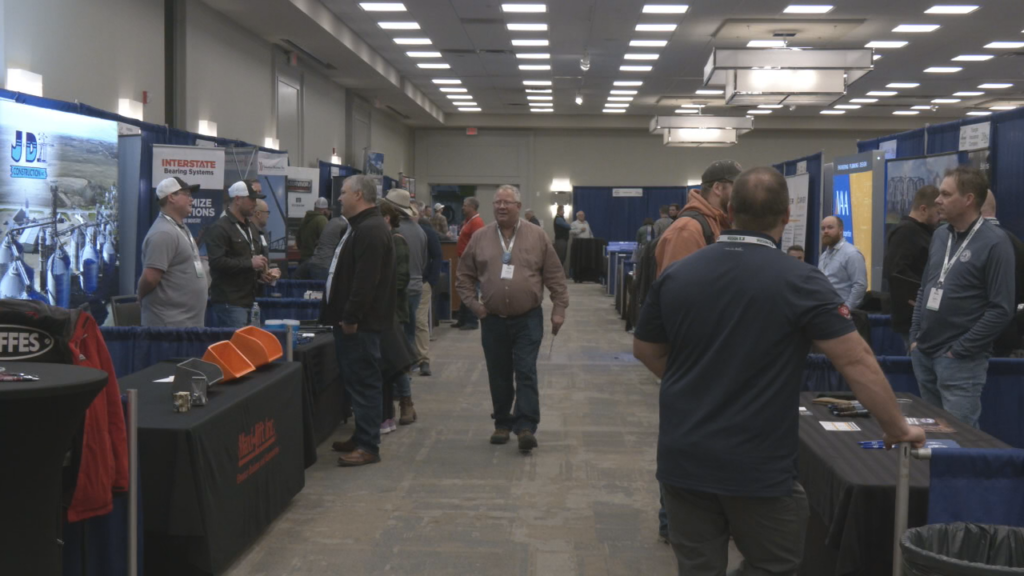Law Enforcement ‘Training’: When Things Go Off the Rails
Last week’s train derailment is just one of many for Minnesota and North Dakota in the past few years.
Trains carrying everything from oil to extremely hazardous materials pass through the metro every day.
Stopping at those trains is a part of many people’s daily routines.
But what if something goes wrong?
With train derailments happening, local law enforcement agencies are making sure they’re prepared and you are too.
It’s a sight that looks like it’s from the movies but instead, it’s happening in people’s backyards.
“Back when I was in college and we were out downtown for the evening we didn’t really think about it, we didn’t think the train was going to derail,” says Megan Schefter of Detroit Lakes.
Last week’s train derailment shook the town of Callaway, Minnesota and it also shook Megan Schefter.
Schefter is a teacher in Detroit Lakes and has a number of students that live in Callaway.
“But just knowing that it happened in Callaway and the explosion and knowing people it did impact it does feel real now yes,” says Schefter.
“Every year we do some kind of training,” says Clay County Sheriff, Bill Bergquist.
Training that involves a number of scenarios.
“I mean there could just be a whole car load of 50 gallon barrels of something and that’s something we need to know right away,” says Bergquist.
“With train derailments increasing, local law enforcement agencies are upping their training too.”
“We’ve sent approximately 20 people to the Emergency Response Training Center in Colorado,” says Fargo Fire Dept. Asst. Chief, Gary Lorenz.
Lorenz says there are a number of hazardous materials coming through on the rails every day.
“Your anhydrous ammonia, propane, chlorine and kind of everything in between,” says Lorenz.
“I just want to remind people that when you see these incidents you think, oh I just want to get closer to see it. No, you don’t,” says Bergquist.
“There is that percentage of people out there that think they’re invincible, think they can beat the train and I think a lot of times that’s when incidents happen,” says Adina Glende of Minot.
“Things happen, things fail and so you need to be cognizant of your situation and so looking both ways, if these trains are coming don’t try to play chicken with the trains, they always win,” says Lorenz.
Lorenz also says the way the wind blows and the temperature can play a big role in how to handle a derailment.
He says depending on the situation, people can be asked to evacuate varying distances.
People can also be asked to stay inside and shut all windows.
Just another reason, training is so important in large railroads areas.






